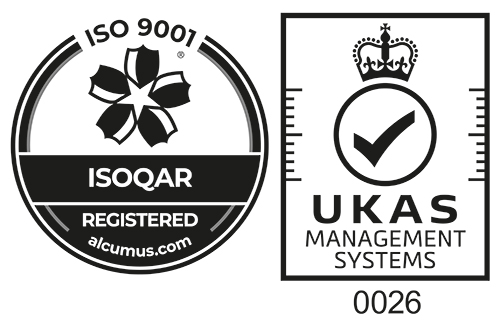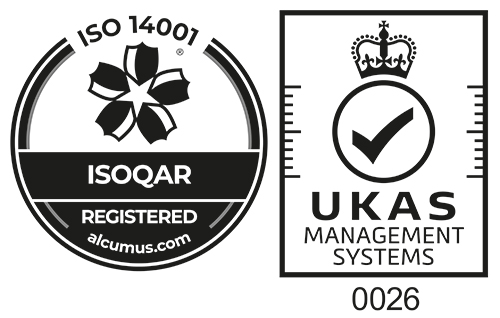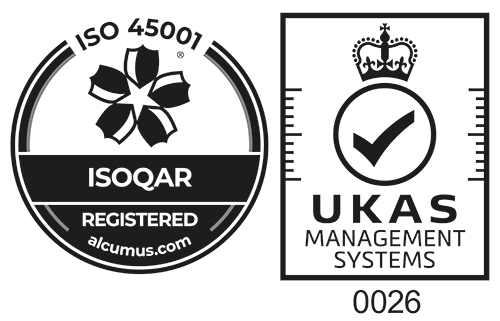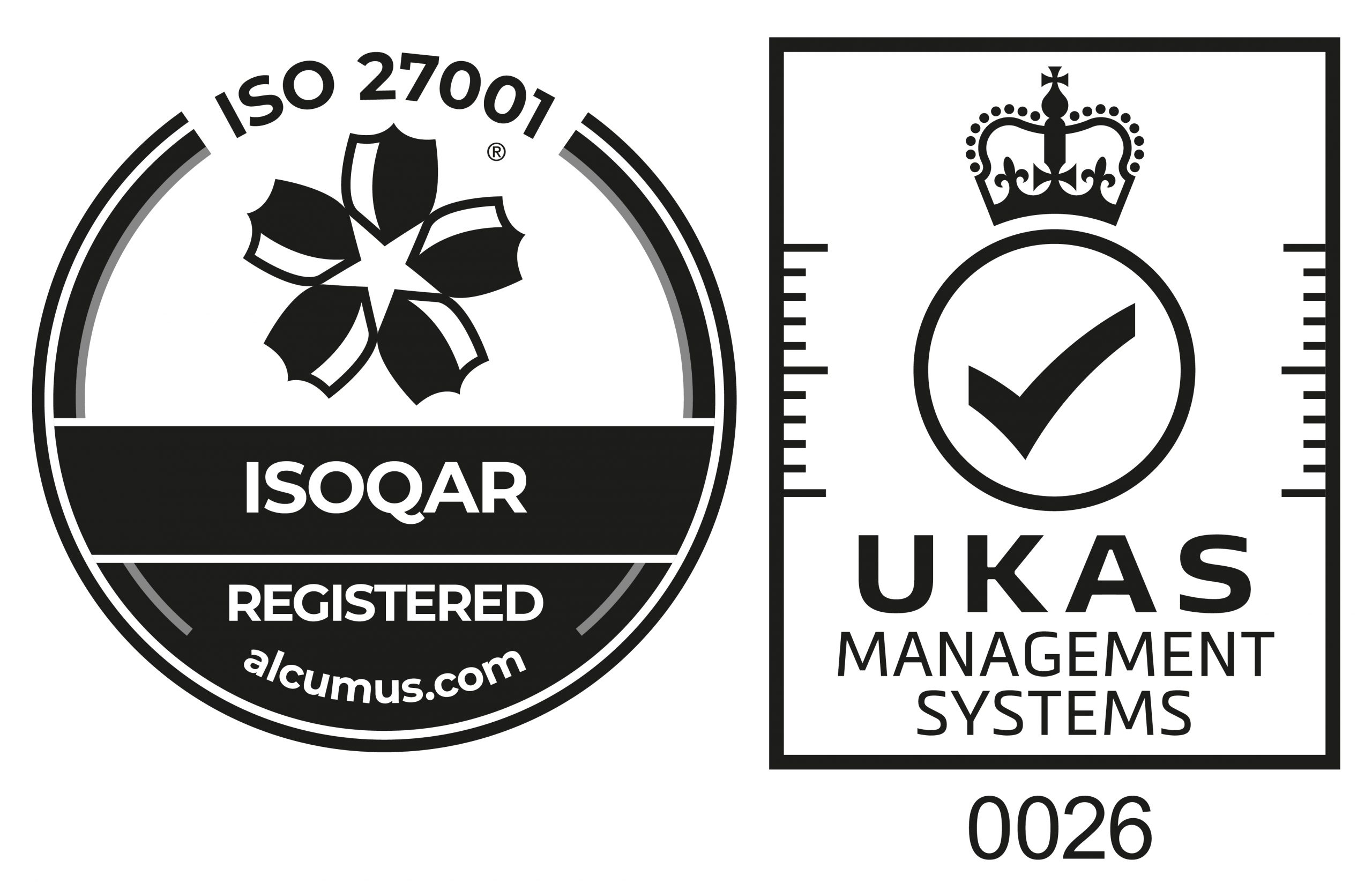The Construction Industry Training Board (CITB) joined forces with the Construction Skills Certification Scheme (CSCS) to conduct an industry-wide survey aimed at assessing card scheme fraud and card checking procedures on UK construction sites in 2015. The use of fake cards in the construction industry had been brought to our attention through the press by the National Crime Agency’s prosecution of an organised gang dealing in false identity documentation, which included a number of construction industry certification cards.
[vc_video link=”https://www.youtube.com/watch?v=bp2YUFRR7bY” el_width=”80″ align=”center”]
All workers on construction sites must hold the correct qualifications and training for the type of work they carry out. Increasingly so employers need to be confident that if they are shown a card it is legitimate and that the person showing it has the appropriate qualifications to be carrying out their job onsite. 1180 construction workers nationally were survey online about card checking methods and the prevalence of fake cards – the results were certainly interesting. Here is a precise of the results:
- 82% (4 out of 5 workers) hold a skill certification card
- The vast majority of those (92%) are Construction Skills Certification Scheme (CSCS), while a further 20% hold the Construction Plant Competence Scheme (CPCS) as well.
- 44% (nearly one in two workers) said their cards were only checked the first time they went on site, while 19% said they were checked occasionally and 14% never.
- Only one on five workers (21%) face regular checks while on site.
- When cards were checked on site, for the most part it is to see the card has the right name and was in date. Only half of respondents stated that the card was checked to see if it was the right card and that the worker had the correct qualifications for the job.
- Most enforcers of card checks tend to either just use visual checks (19%), where the information is not recorded, or utilised a paper based system (69%).
- 6% use smart technology to ensure the access is valid, with a further 19% checking on an online database.
- A third of all the respondents were actualy responsible for checking cards, with 18% of this group saying they had come across fake cards. Both unskilled workers (10%) and skilled workers (10%) are the two main skill levels which construction workers have seen on fake cards.
- Most of these cards were detected due to the poor quality of reproduction or that the photo did not match up with the owner of the card at the time (51% and 49% respectively). 51% did not register online when checked, with a further 4% not showing up on the smart technology employed on site.
- Workers are more likely to hold the relevant card within the larger construction organisations, however on site it tends to be non-workers and visitors that are a group least checked.
CSCS Chief Executive Graham Wren said: “Unless people use consistent and accurate methods of checking cards to certificate workers’ training and qualifications, the schemes cannot fulfil the roles they were designed for. The smart technology within CSCS cards is a simple and cost-effective way to do this, and we are keen to find out more about how it is being utilised on sites across the UK.”
Mosaic Management Systems is an IT partner with CSCS, and provides health and safety site management software that offers you an online and flexible solution to on boarding, competency management, access control, asset management, stock control, fatigue management and toolbox talks.
Source: CITB/CSCS – Card Fraud and Onsite Card Checking Survey 2015






